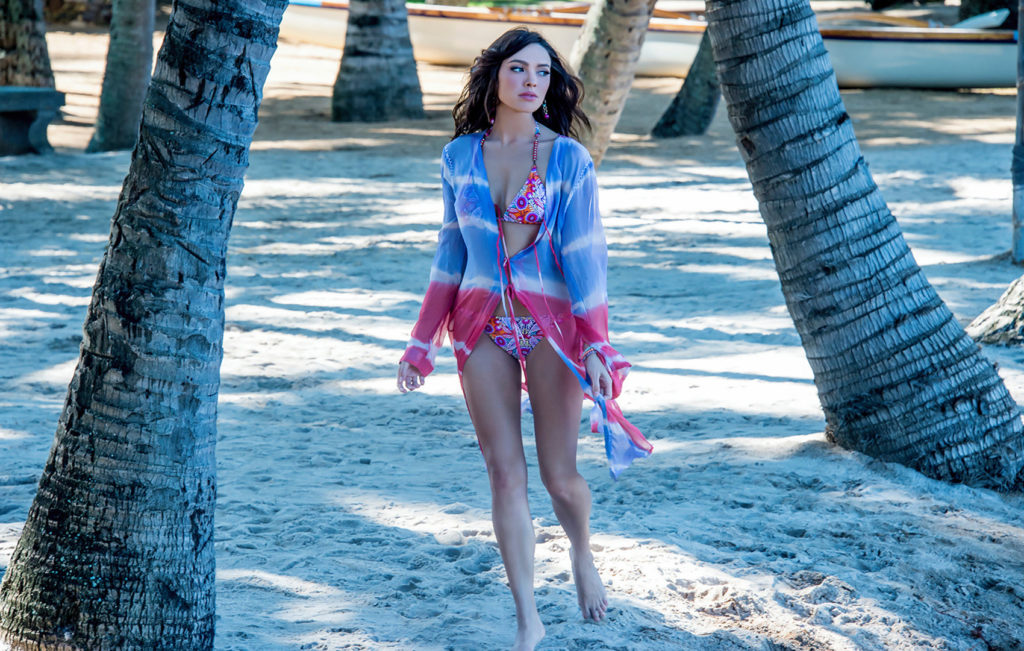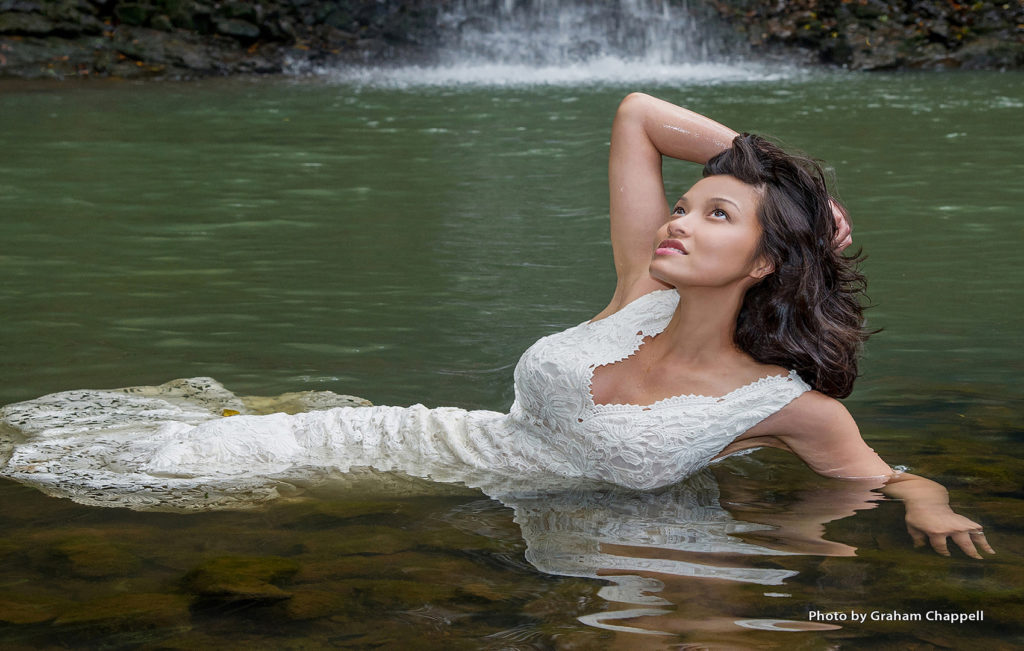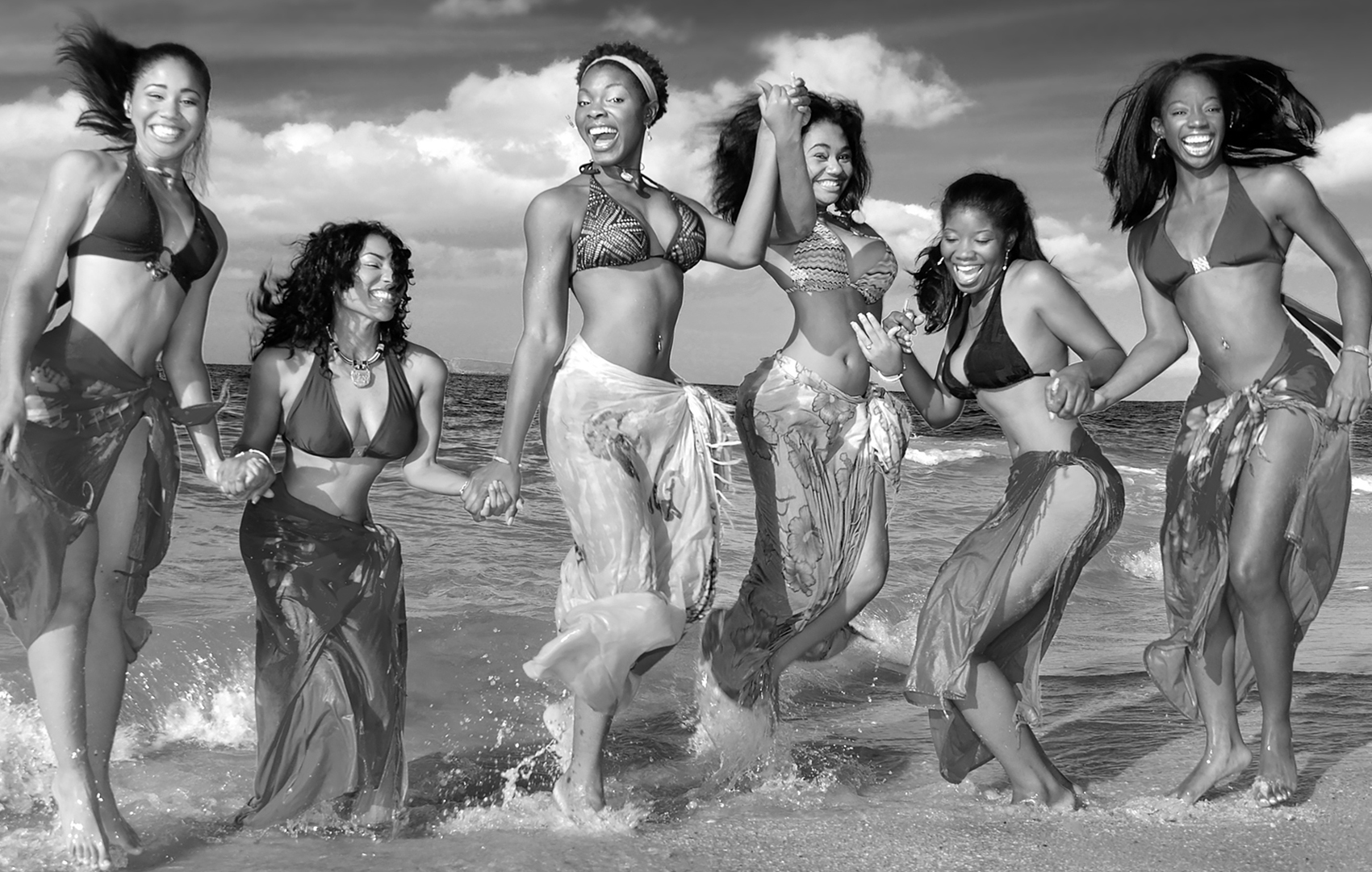


Professional photography in a century would have likely been impacted by technological developments that we can’t even begin to imagine. In spite of this, it’s safe to assume that photography will keep becoming better and better at what it does, including taking better pictures and storing them. Technology advancements will likely lead to higher-quality photographs and the introduction of novel photographic techniques.
Artificial intelligence and machine learning are also going to become more commonplace in photography. Automated picture enhancement, object detection, tracking, and realistic lighting simulation are all possibilities.
Virtual and augmented reality technology might potentially become an important area of research for photography, offering immersive and interactive experiences.
Keep in mind that the ways in which people make use of and consume photography are also likely to evolve. Digital photography has already revolutionized the scene for photographers, enabling for more dissemination and consumption of photos. The progression of this tendency is certain to continue.
Increased usage of automation and artificial intelligence might be a trend in the area of photography in the future century. Artificial intelligence (AI)-powered cameras, for instance, may adapt their exposure, focus, and white balance in real-time to the subject matter they’re photographing. This might make it simpler for photographers to capture amazing photographs without having to have a comprehensive grasp of the technical nuances of photography.
It’s also possible that new imaging technologies may emerge, allowing us to view objects that are invisible to the naked eye or capture a broader spectrum of light. As an example, infrared or ultraviolet imaging may be used, or radiation-detecting sensors could be put to use.
It’s possible that VR/AR technology may play a more significant role in photography in the future. As a result, the photographer will be able to see and alter the photographs in ways that are impossible with conventional 2D images.
It’s also conceivable that photography’s popularity and how it’s used will evolve as a result of technological and internet advancements. There’s a chance that in the future, photographs may be seen and shared in more dynamic and interactive ways. In the case of photography, this may mean using virtual reality (VR) or artificial intelligence (AI) for a more immersive viewing experience or employing machine learning to craft unique and engaging interactions based on the images.
At long last, post-production may become more mechanized. Features like Automatic Sky replacement, Automatic color correction, and Automatic masking are just a few examples of how photographic production may be sped up with the use of automation.
In the future, maybe people won’t even need to use their hands to handle a camera. Cameras may eventually be built into furniture and other household items as technology improve. Smartphones, wearables, and even contact lenses might one day have cameras embedded into them. Due to the camera’s constant availability, taking pictures would seem more natural and effortless.
Additionally, remote-controlled or pre-programmed autonomous cameras or drones may see increased usage. As a result, photographers could take pictures from novel vantage points or in hazardous or inaccessible settings.
In addition, when AI develops, cameras may function independently of human control. They’ll be able to take in their surroundings and decide the ideal approach for photographing it. This might eventually lead to autonomous cameras that can compose the ideal photo and make instant adjustments to the final product with little to no human involvement.
Overall, technological progress will alter how we take images and interact with cameras in the future; nevertheless, it is uncertain whether or not human hands will no longer be required to operate these devices.
The usage of remote-controlled cameras, sometimes known as drones, might revolutionize photography in the near future. These cameras may be accessed from a distance and set to automatically record a certain event or snap pictures at certain intervals. Possible applications include eavesdropping, wildlife photography, and documenting inaccessible areas. Already, drones are being utilized for this, and in the future, they may be far more sophisticated.
Likewise, it’s possible that cameras may eventually be included in more consumer electronics. This could include anything from smartphones and laptops to tablets and even smart glasses and contact lenses. With the camera constantly at their fingertips, taking pictures might become second nature. You may snap a photo with a smart contact lens by merely blinking your eye, eliminating the need for a separate camera.
Artificial intelligence (AI) and machine learning (ML) might play a significant role in the future of photography by making cameras more self-sufficient and empowering them to interpret their surroundings and choose the optimal settings for taking a picture. This might eventually lead to autonomous cameras that can compose the ideal photo and make instant adjustments to the final product with little to no human involvement.
Additionally, there may be an increase in the usage of remote camera control, particularly via the use of mobile devices like as smartphones and tablets. This would free up space for additional cameras and minimize the need to physically manipulate the camera.
And as technology develops, cameras may shrink and become more portable, increasing their availability to consumers. As a result, more individuals may have access to the resources they need to engage in photography.
Overall, the future of photography is promising, and rather than seeing the full eradication of the old means of taking images, we will witness the progression of technology and the way we interact with it.
Since the advent of the camera in the early 19th century, professional photography has seen significant developments. Because of technological advancements, photographers may now take pictures in a broad variety of environments without sacrificing quality. New technology and methods will likely emerge in the future, allowing professional photographers to further expand the bounds of what is possible.
The widespread use of digital cameras is a significant development that seems certain to continue. Professional photographers have mostly abandoned film cameras in favor of digital cameras, and this shift is only anticipated to accelerate as digital camera technology advances. Adobe Photoshop and other digital picture editing tools will also continue to gain favor since they enable photographers to perform things that were previously impossible with film cameras.
The integration of AR and VR technologies into professional photography is another emerging trend. Virtual reality (VR) and augmented reality (AR) technology have made it possible for photographers to create totally immersive experiences for their audiences, enabling them to explore and engage with the shot in ways that were previously impossible. The usage of unmanned aerial vehicles (UAVs) to take pictures from above is also expected to rise, especially in the construction and real estate industries.
In the future, professional photography is likely to place even more value on environmental consciousness and moral reasoning than it does now. Particularly in the fields of travel and wildlife photography, there is a growing expectation that photographers would behave responsibly by reducing their influence on the environment and not exploiting their subjects. The photographer may switch to more eco-friendly tools and practices or may decide to focus on non-detrimental subgenres of photography.
Overall, professional photography has a bright future full of innovation and change. As time goes on, technology improves, and photographers continue to push the envelope, we may anticipate more fascinating breakthroughs in photography. If you’re a photographer who wants to stay competitive, keeping up with emerging technology and trends is more crucial than ever.
In recent years, smartphone cameras have made great strides, reaching a level of quality that can compete with that of many professional cameras. As a result, many people are beginning to wonder whether smartphone cameras won’t ultimately end up replacing those used by professionals. Even if smartphone cameras keep becoming better and more common, they probably won’t be able to entirely replace professional cameras anytime soon.
The ability to fine-tune and personalize your shots is a significant benefit of professional cameras. For the best possible results, professional photographers use cameras with manual controls and a variety of interchangeable lenses. Cell phone cameras, on the other hand, are often less flexible and controllable. A professional camera has several features that they do not, including a detachable and interchangeable lens.
High-quality images are another perk you can expect from professional cameras. Though the quality of images captured by smartphones has increased greatly in recent years, they still cannot compete with those captured by professional photographers, especially in low light. In addition, the image sensors in professional cameras tend to be bigger, allowing them to take brighter, cleaner photos with less noise.
Smartphones just can’t compete with professional cameras when it comes to durability and dependability. The rugged construction of these cameras ensures that they will continue to function, even after being subjected to the abuse that is inevitable in a professional setting. They last longer, too, so photographers may recoup their costs and then some.
News, sports, and commercial photography are just a few examples of applications where speed and accuracy of focus, as well as the ability to shoot continuously at high frame rates, make professional cameras an indispensable tool. However, cellphone cameras may not do well in these regards, which might reduce their attractiveness among professional photographers.
Cellphone cameras have gone a long way and can already capture high-quality photographs, but they still won’t totally replace professional cameras anytime soon. As mobile cameras grow increasingly common among amateurs and hobbyists, professionals will continue to rely on professional cameras due to their superior control, customization, picture quality, durability, and dependability.
The island of Maui is a favorite location for professional photographers because of its stunning scenery and lively culture. In order to preserve the island’s iconic scenery, Maui is home to a large community of photographers who focus on the island’s stunning beaches, waterfalls, and sunsets. There are several excellent professional photographers in Maui, but 808 images stand head and shoulders above the rest.
808 images stand out because of the effort put towards depicting Maui as it really is. They are pros at shooting on location and know all the finest spots to capture the island’s stunning scenery. They’ve made a lot of friends there, and that’s let them see and photograph a side of Maui that most tourists never see.
The aesthetic perspective of 808 photos is another reason why they’re the greatest. They have an excellent sense of composition and lighting, allowing them to produce works that are not only aesthetically pleasing but also intellectually stimulating. They are always trying new things and pushing the limits of photography, which has led to an impressive body of work.
808 images is well-known not just for the superior quality of its shots but also for its friendly and helpful staff. They listen carefully to their customers in order to produce images that are flawless representations of their ideas. Furthermore, they are quick to respond and simple to coordinate with, making the photographic session a relaxing and enjoyable experience for their customers.
Finally, 808 pictures have a stellar reputation in the field of photography and in the surrounding community as a result of the high caliber of their work, the enthusiasm and care they invest in each and every project, and their dedication to providing exceptional service to each and every one of their clients. They’ve got an attitude of professionalism and are always on time, and they’re always learning and changing with the business, so they stand out from the crowd.
Although there are many competent photography businesses in Maui, I highly recommend 808 photos. Anyone searching for high-quality, genuine images of Maui should choose them because of their mix of location photography skills, creative vision, good customer service, and wonderful reputation.
